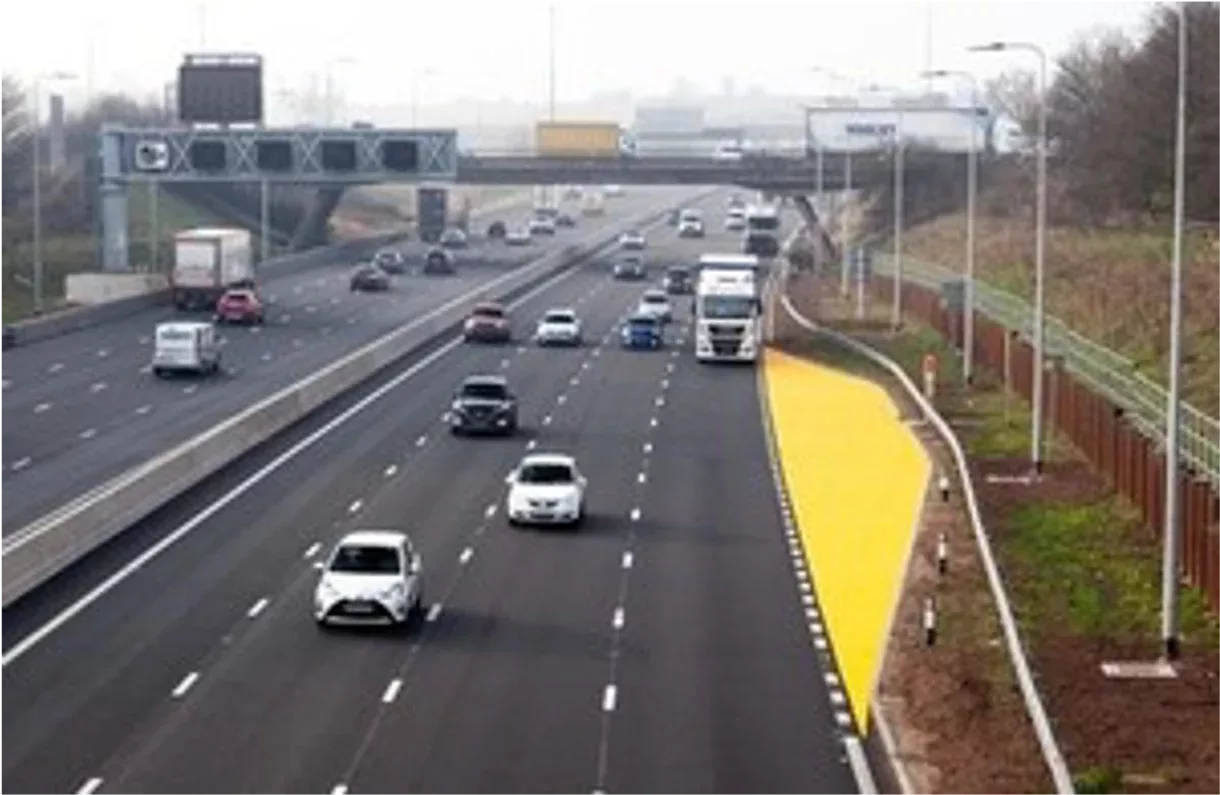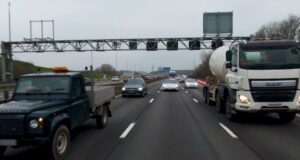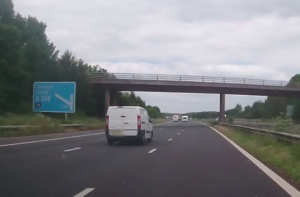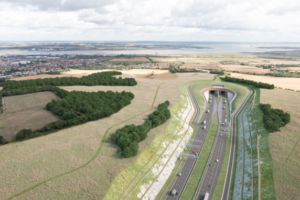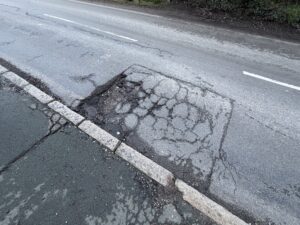Following the Prime Minister’s decision to halt all future smart motorway programmes over a lack of driver confidence in the schemes, the RAC is calling for the hard shoulder to be reinstated on all existing all-lane running carriageways.
Over the weekend the Department for Transport announced Rishi Sunak’s decision that plans for new smart motorways will be cancelled, delivering on his summer campaign pledge.
Now the RAC has issued research which it says found seven-in-10 drivers (69%) want the hard shoulder to be reinstated on the 235 miles of existing all-lane-running smart motorways, regardless of the Government saying it would be too disruptive and costly.
It says it believes the decision to scrap 14 all-lane-running schemes needs to be quickly followed by the reinstatement of hard shoulders “as this is clearly what a majority of drivers are expecting”, adding ” “Anything less will be seen as a poor excuse which could lead to more lives being needlessly lost on these controversial motorways, with just 31% of drivers saying the hard shoulder should not be restored”.
RAC road safety spokesman Simon Williams said: “While we’re pleased the Government reached the same conclusion that many drivers already have by cancelling future smart motorway schemes which would have seen around dozens more miles of hard shoulder disappearing forever, as things stand, by the end of this year there will still be 250 miles of motorway in England without hard shoulders – that’s around 13% of the complete network**.
“Installing additional refuge areas and radar technology to help spot stricken vehicles is welcome and necessary, but for most drivers this doesn’t go far enough. Many felt they were dangerous from the outset and now it’s clear the Government has totally lost faith in these types of road as well. Today, it remains the case that anyone unlucky enough to break down who can’t get to an emergency refuge area remains incredibly vulnerable where the hard shoulder has been taken out.
“The Government claims that reinstating the hard shoulder would ‘come at a significant cost’ and be ‘too disruptive’ but our research shows drivers clearly don’t buy this. Certainly, it’s regrettable that so much public money has already been spent on such deeply unpopular roads, but will the driving public accept anything less than the return of the hard shoulder? What’s more, the Government is making a saving of more than £1bn by virtue of it deciding to cancel future smart motorway schemes in the first place.
“We continue to believe that reinstating the hard shoulder on all stretches of road where they’ve been converted into a permanent fourth lane is the right thing to do. We’d then like to see the Government immediately start monitoring the impact this has on congestion.
“While all the existing installed technology – including variable speed limits – which helps to manage traffic flow would be retained, it’s unclear how much increased congestion there would be due to the overall reduction in road space.
“Nonetheless, this might be something drivers are willing to tolerate if it means they’re kept safer, but another option could be to convert as many all-lane-running stretches as feasible into dynamic hard shoulder schemes, such as already exist on parts of the M42, M4 and M5. In these locations, the hard shoulder remains just that through most the day and night – and is opened at times of peak traffic to help reduce congestion.
“These roads have a good safety record and the backing of as many as seven-in-10 drivers according to our research. If the overhead red-X sign was illuminated whenever the hard shoulder was closed, this could also help make these roads even safer.
“Whatever action the Government decides to take, the status quo – where we still have hundreds of miles of motorway without hard shoulders simply isn’t sustainable. Longer term, a hotch-potch of different motorway schemes, some with hard shoulders and some without, surely isn’t the answer either.”
The subject is discussed in detail on this week’s Highways Voices podcast.
(Picture – National Highways)



